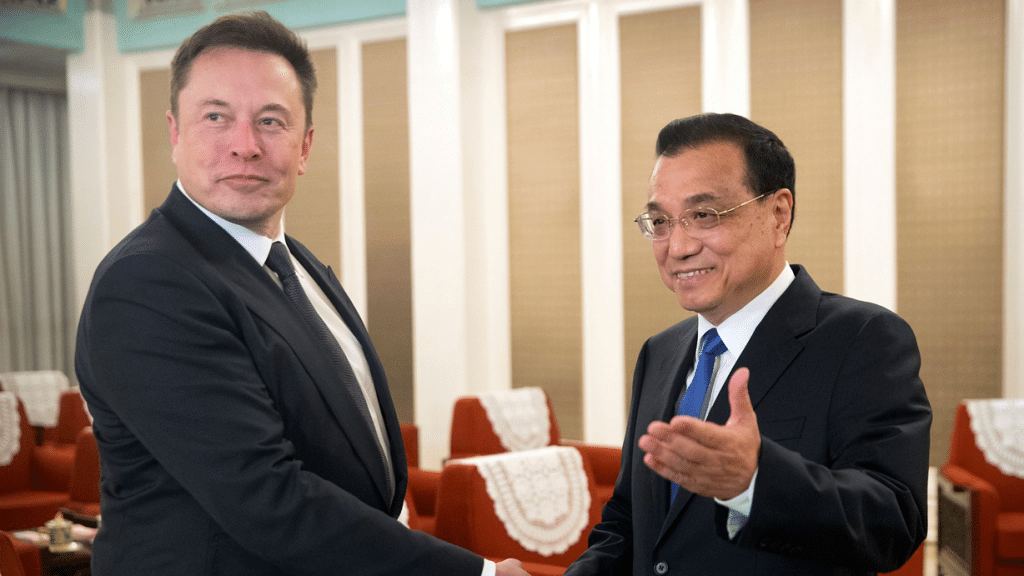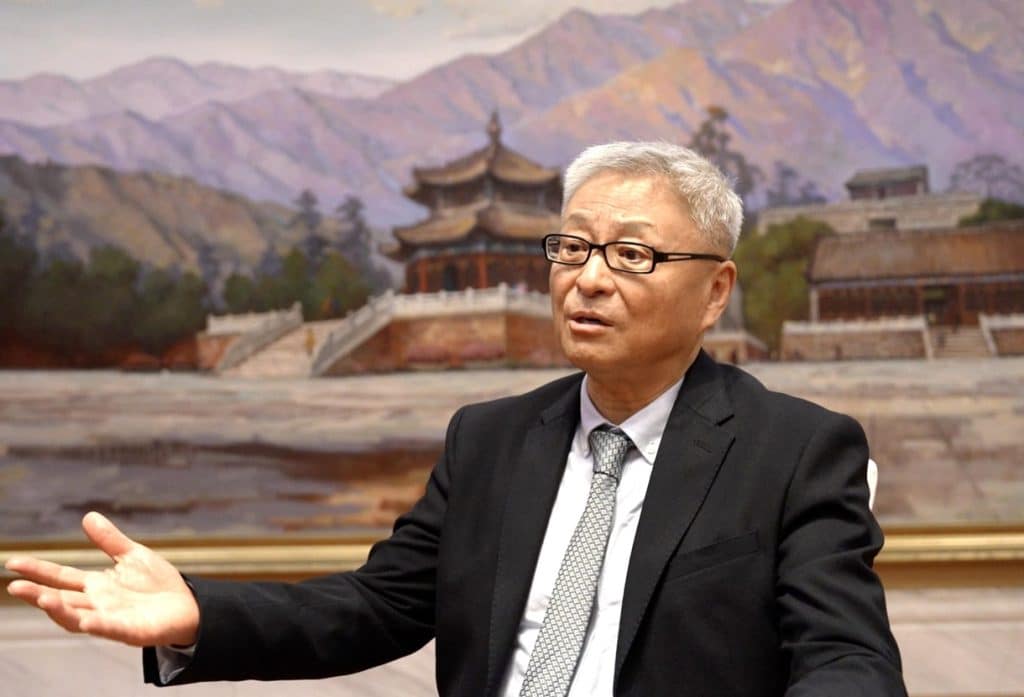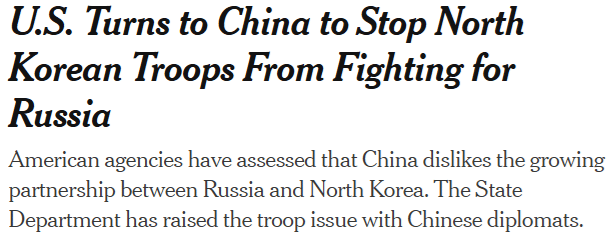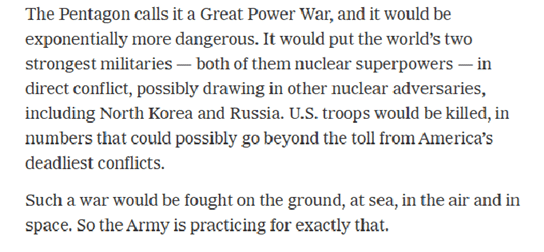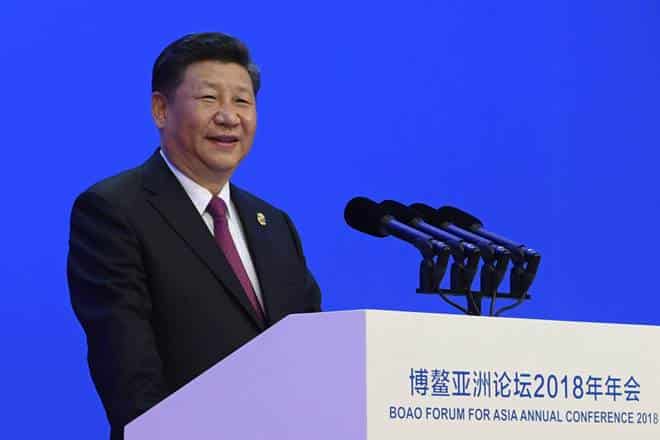China’s Reaction to the NSA Leaks
作者:Derek Ha 来源:US-China Perception Monitor
Revelations about the existence of far-reaching surveillance programs run by the National Security Agency (NSA) have made waves all the way across the Pacific. On June 6 and June 7, media outlets revealed that the NSA has been collecting data on foreign communications with the help of companies like Verizon Wireless, Google, and Facebook.[1] The incident raised important questions not just about civil liberties in the US, but also about America’s image abroad. In China , reactions by netizens on Weibo provide an interesting window into the country’s perceptions of the US.
The incident’s timing makes the implications for Sino-US relations hard to miss. It came less than two weeks after a report accusing Chinese hackers of compromising US defense systems was made public, and just one day before a much-anticipated summit between Presidents Obama and Xi Jinping in Sunnylands, California. Expected to confront Xi about the allegations, Obama suddenly found himself with two cyber spying-related controversies hanging over his head.
The irony was not lost on China’s internet users. Wen Wei Po, a Hong Kong newspaper that covers Mainland affairs, posted a photo of first lady Peng Liyuan in Sunnylands using an iPhone, and quipped:
[blockquote3] The NSA…can collect data directly from servers at Google, Apple, and other big tech companies…Madam, perhaps you should switch to a different phone?[/blockquote3]
Adding another twist to the drama is the decision of Edward Snowden, the confessed whistleblower, to seek refuge in Hong Kong. Many Chinese see it as a role reversal—Snowden, a citizen from the self-proclaimed ‘Land of the Free,’ fled to China to escape persecution by his own government. Some clearly reveled in this turn of events. Author Wang Xiaodong, a well-known Chinese nationalist, tweeted: “Now there’s a true freedom fighter. Now that he [Snowden] is in China, we have to uphold universal human rights by protecting him and resisting pressure from the US!” Mei Xinyu, a frequent commentator on Chinese trade relations, wrote of Snowden: “I bet he’s smarter and more productive than all those former Chinese who sought ‘asylum’ in other countries. Don’t let him leave, this is our gain!”
Other posts on Weibo suggest that for some, the NSA scandal undermined the democratic values that the US purports to represent. Cynical comparisons were drawn between the US government and China’s authoritarian state. A Suzhou resident going by AgeLessBeing on Weibo wrote: “This incident proves that so-called democracy is barely better than a dictatorship.” Mi Ya, a college student from Beijing, tweeted: “The US government makes a secret of monitoring you. China’s government is just more upfront about it.”
For these Chinese and many others, the NSA story validated their suspicions toward the US and confirmed the hypocrisy of a country that preaches transparency, rule of law, and human rights. In the wake of this scandal, the US will have to reflect on both the integrity of its domestic government and the consequences to its credibility abroad.
Written by Derek Ha
Derek Ha is an intern for the China Program at the Carter Center. He is a fourth year undergraduate student at Pomona College majoring in International Relations.
来源时间:2018/4/6 发布时间:2013/6/17
旧文章ID:15833


